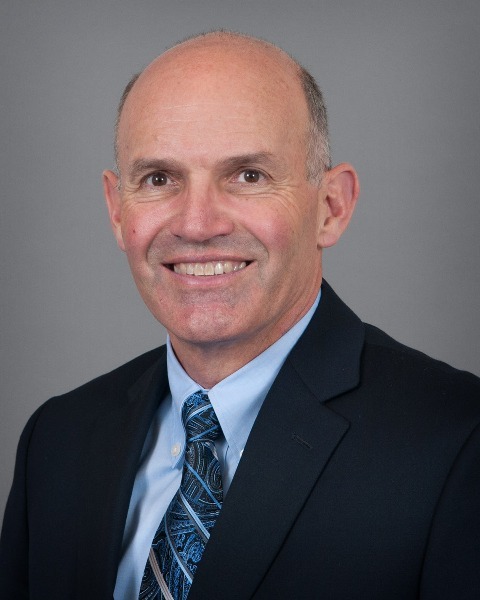
AC25 Resilient Resource Recovery at the Encina Water Pollution Control Facility
Recorded On: 04/23/2025
-
You must log in to register
- Non-member - $45
- Member - $35
CWEA Members: $35.00
Non-Members $45.00
Encina Wastewater Authority's plan for resilient resource recovery at the Encina Water Pollution Control Facility will be presented. The plan focusses on having a reliable energy supply to treat wastewater and recover biosolids and energy for beneficial use. Having adequate anaerobic digestion capacity and enhancing its performance for more biogas is an integral part of the plan. Converting solids to biogas decreases the amount of biosolids sent to the dryer and reduces its energy demand. Using biogas to fuel combined heat and power (CHP) units and/or producing renewable natural gas (RNG) while complying with increasingly stringent air permit regulations will be discussed. Ultra-low emissions CHP units being considered include non-combustion fuel cells and flameless-combustion linear generators. The microbial hydrolysis process (MHP) using the hyper-thermophilic bacteria caldicellulosiruptor bescii will enhance the anaerobic digestion project to convert cellulose into biogas. Recuperative thickening will increase the capacity of the existing digesters by increasing the solids retention time (SRT). The reduction in solids concentration in the digesters because of the increased volatile solids reduction (VSR) from the addition of the MHP will balance the increase in solids concentration from the operation of recuperative thickening. The resulting solids concentration will be low enough to enable effective mixing with the existing digester mixing system. The enhanced anaerobic digestion system will produce more biogas and less biosolids. Producing more biogas and fueling ultra-low emission CHP units will contribute to energy resiliency by decreasing the dependence on utility supplied natural gas and electricity.
Learning Objectives:
Upon completion, participants will be able to list the components in a resilient water resource recovery facility.
Upon completion, participants will be able to describe how anaerobic digestion is an integral part of resilient resource recovery.
Upon completion, participants will be able to define the microbial hydrolysis process and explain how it enhances anaerobic digestion.

David L. Parry (he/him/his)
Senior Fellow
Jacobs
Dr. David L. Parry has 45 years of experience and a global reputation for providing sustainable solutions to recover resources from wastewater. He is currently serving or has served as technical director on major water resource recovery projects around the world.
Dr Parry specialized in anaerobic digestion and the beneficial use of biosolids and biogas. He is the inventor of methods to enhance anaerobic digestion with the microbial hydrolysis process to convert cellulose into biogas. He was a pioneer in the early development of co-digestion, biogas-fueled combined heat and power, CO2 removal for production of renewable natural gas, and the use of heat pumps for effluent heat recovery.
Dave Parry earned his bachelor’s and master’s degrees in mechanical engineering from BYU and his Ph.D. from the University of Illinois at Urbana-Champaign. He is a registered mechanical and civil engineer in several states and provinces. He is vice president and senior fellow at Jacobs.

Scott McClelland
General Manager
Encina Wastewater Authority
Scott McClelland joined the Encina Wastewater Authority Team in 2016 and has served as the General Manager since 2021. Scott provides executive oversight to the 77 staff at the Encina Wastewater Authority with a $56 Million annual budget. Scott has over 30 years of experience in the water and wastewater sector and has served in public utilities since 2003. Previously Scott has managed the operations and maintenance of three water treatment plants, laboratories, environmental compliance, and distribution systems. Prior to his public utility experience Scott worked for nine years as a design engineer for a multinational Civil Engineering design firm designing water, wastewater and water reuse treatment facilities. Scott holds a Master of Business Administration, a Bachelor of Science in Environmental Engineering, and a Grade 5 Operator’s License, is a Registered Professional Engineer (Civil) and a Board Certified Environmental Engineer for the American Academy of Environmental Engineers in Water and Wastewater Treatment.

